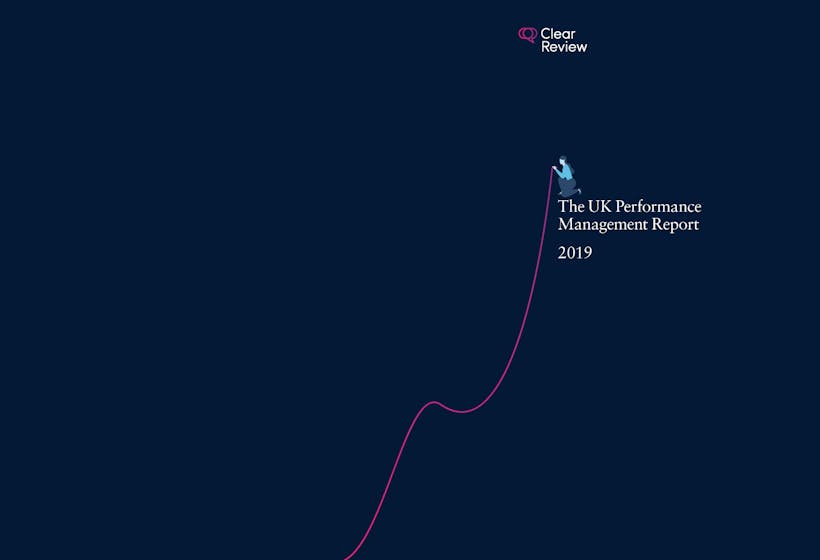
Our UK Performance Management Report 2019 is now live. We quizzed HR leaders, people managers and employees so we could understand how performance management works in the UK. One of the questions we didn’t ask outright (but wanted to understand nonetheless) was this: who is responsible for performance management?
It sounds like a rhetorical question. The answer depends, to a large extent, on the purpose of PM in your organisation. If it’s based on pay, or ranking, or succession planning, it’s a process that serves HR. If it’s developing performance (as was the case with only 39% of the HR leaders we surveyed) then it becomes a more democratic institution.
If performance management is to become performance development, it needs to be a process that serves everyone. It needs to start with the employee prompting their manager to have check-ins and to receive feedback. It needs to continue with the manager aware of their employee’s concerns, challenges, strengths and needs. HR gets the data they need. Senior management can see their people growing, developing and being rewarded for their efforts with greater responsibility, autonomy… you name it.
The astute among you will have noticed that a lot of responsibility falls on the manager in this scenario. They need to act as the hub both for the process of performance management — meetings and feedback — and the catalyst for development. Either they develop the employee directly or they marshall other resources to make that training happen. A manager needs the capability and desire — and capacity — to coach their team. Without this fulcrum, the system fails.
This is where the data in our report really starts to bring the story to life. On the one hand, almost every HR leader (more than 83%, in fact) told us that they provide training for managers on how to have better performance conversations. Even more managers (92.2%) said they felt equipped or trained to have these conversations with their teams. And yet 40% of HR people said the reason these conversations weren’t happening was because managers don’t have the skills they need.
Something’s not quite right there.
Can you train someone to have empathy? Perhaps not. Can you train them to have the perspective and clarity they need to identify development areas and support someone’s growth? Probably. What you can’t train people to have is the time or the inclination. And it’s these last two points that we think are worth exploring, especially in light of our research results.
Managers often — if not always — receive their promotions because of expertise. The business can’t afford to lose that expertise. But some of the behaviours which marked the manager for promotion become redundant once they’re a manager. Organisations need great managers. But what they need, even more, is people with the time to be great managers. As a wise person once said: there are plenty of books showing you how to get that promotion. There aren’t quite as many showing you what to do once you’ve got it. And this leads into our second point: desire.
People may not want to manage. Employees are complicated, messy, nuanced things. They take time to understand. They need care and attention. And plenty of businesses support managers in their lack of desire to be that coach. If you’ve worked hard for six years to get where you are, the company owes you. It may well be quicker and simpler to shunt a recalcitrant employee out of the door — well, their manager says they’re a pain in the rear — than it is to invest the effort in coaxing and cajoling them to greater heights. This is why managers need to be held accountable for development. If they’re not responsible for it — if it isn’t a priority — then they’ll understand, consciously or not, that it isn’t a priority for the business.
Get the first comprehensive report on the state of performance management in the UK, right here. Download it now or discuss online with #ukpmreport2019.
